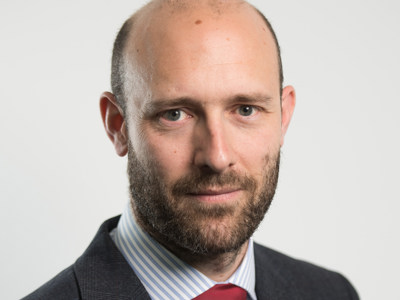
The ABI Bill – What do we know?
The Acquired Brain Injury Bill, or ‘ABI Bill’ is receiving its second reading in the House of Commons on 3 December 2021. The ABI Bill has been drafted for the purpose of meeting the living and care requirements of people with an ABI.
Posted on 01 December 2021
What is an acquired brain injury, and how do they occur?
An acquired brain injury (ABI) is one that occurs at some point in a person’s life after they are born which produces neuro-cognitive impairment, the causes are many and varied.
ABIs can occur as a result of traffic collisions, falls or assaults, and Leigh Day’s personal injury department assists many people who have suffered an ABI in such circumstances. Likewise, our clinical negligence team represents many people who have suffered an ABI in a medical setting through conditions such as strokes, brain haemorrhages, tumours and encephalitis.
There are many ways in which a brain injury can occur, or be made worse, in a medical setting, such as:
- Delay – there may be a delay in diagnosing or treating a condition that causes a brain injury or makes it worse.
- Mistreatment – negligent treatment may cause or exacerbate a brain injury.
- Misdiagnosis – incorrect diagnosis can cause a brain injury, often by the underlying problem being left to get worse.
- Surgical Error – an avoidable error during surgery may cause brain injury or make one worse.
The effects of an acquired brain injury can be devastating for both the injured person and their family and friends, and it is vital that people get the support they need to live as comfortably as possible.
What is the aim of the ABI Bill?
The ABI Bill commits the government to prepare and publish a strategy to meet the needs of children and adults with an acquired brain injury. The strategy would include measures relating to the prevention of ABI (including investing in appropriate research or protocols to prevent ABIs in professional and amateur sport) as well as diagnosis and treatment, with an emphasis on providing schools, prisons and the armed forces with the training and resources required to do this.
Every brain injury is different, and the specific needs for each individual are equally unique. However, some common themes that we see amongst our brain-injured clients include the need for support workers and carers, assistance in accessing education or re-training to get back to work, appropriate housing and therapy needs, speech and language therapy and professional assistance for those whose brain injury means that they are unable to manage their own affairs.
All of this support helps the injured person to live as normal a life as possible despite the injuries they have suffered.
Why do we need the ABI Bill?
Currently, there is no official plan in place for the care of people with an acquired brain injury, despite over 1.3 million people in the UK currently being affected by one.
A government strategy would help ensure quality of life for people with an ABI. It would assist the many different government departments who are responsible for providing services to people with an ABI to make appropriate decisions and offer relevant choices, such as providing access to neuro-rehabilitation, physiotherapy and assistance with accessing welfare payments. It could be used in departments such as housing, education, health services, Ministry of Defence and work and pensions.
How can I help?
Leigh Day supports the ABI Bill and we encourage those in favour of the Bill to contact their local MP to demonstrate their support, and a template letter/email for this can be found at https://www.abibill.org.uk/.
Other Resources
Leigh Day’s clinical negligence and personal injury departments work with people who have suffered a variety of acquired brain injuries. We work alongside charities such as the Encephalitis Society, Headway and the Child Brain Injury Trust to provide legal support to people pursuing claims related to their brain injuries, as well as assisting them to obtain the kind of physical and emotional support required to help them to live the fullest life possible.
You can view our recent talk on Brain Injury and Domestic Abuse on our YouTube Channel (https://youtu.be/NaBXpUYvL-c) which was part of our recent Women’s Rights in Healthcare series.
Contact Us
To discuss anything you have seen in this article with regard to yourself or a loved one, you can request a call back or call us on +44204 5027 136.




